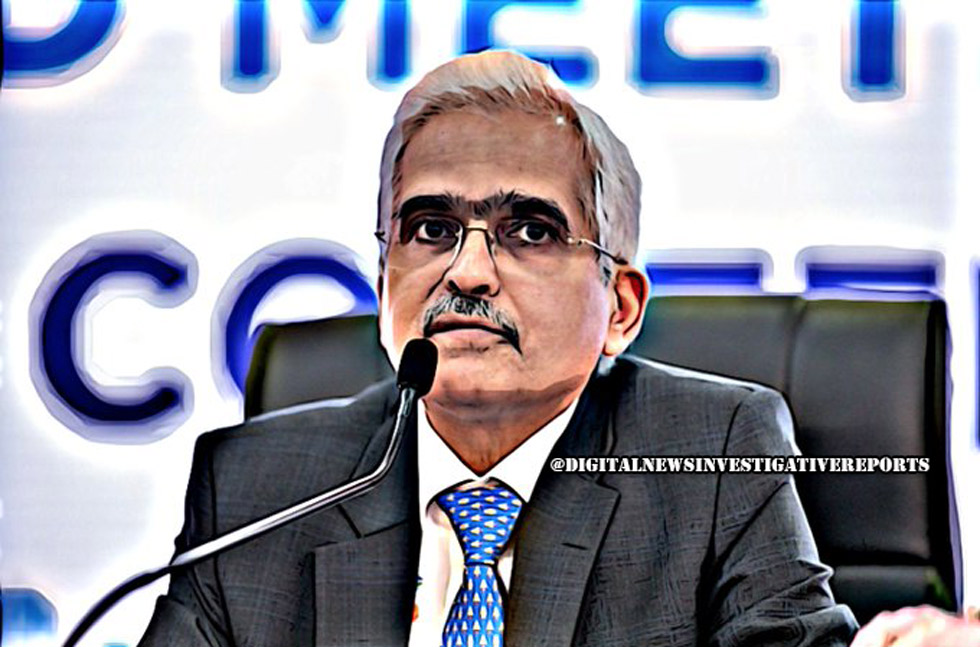 New Delhi, September 4, 2023
New Delhi, September 4, 2023
Reserve Bank of India (RBI) Governor Shaktikanta Das emphasized the potential of Central Bank Digital Currencies (CBDCs) to enhance the efficiency of cross-border payments during his address at the G20 TechSprint Finale. India, an early adopter in the CBDC domain, has been conducting successful pilot programs for the digital rupee in both wholesale and retail segments.
Governor Das asserted that CBDCs could significantly improve cross-border transactions by providing instant settlement, reducing costs, enhancing speed, and bolstering security. The adoption of the right technology platforms, ensuring inter-operability, is essential to achieving these goals on a global scale.
Under India’s G20 presidency, the theme of the fourth edition of G20 TechSprint is “Technology solutions for cross-border payments.” Governor Das highlighted that despite progress, challenges like high costs, slow processing, limited access, and lack of transparency still hinder cross-border payments. He stressed that addressing these issues would bring substantial benefits to individuals and economies worldwide, supporting economic growth, international trade, and financial inclusion.
Governor Das also praised the Unified Payments Interface (UPI) as a transformative force in India’s digital payments ecosystem. UPI has played a pivotal role in financial inclusion by bringing millions of unbanked individuals into the formal financial system. With over 10 billion monthly transactions, UPI has become the backbone of digital payments in India, fostering innovation in the fintech sector.
RBI is committed to fostering responsible innovation, demonstrated by initiatives like the FinTech department, Reserve Bank Innovation Hub (RBIH), and a Regulatory Sandbox framework. Governor Das emphasized RBI’s dedication to continuously exploring innovative solutions to improve financial services and drive economic progress. As CBDC pilots expand and technologies evolve, the prospect of efficient cross-border payments appears increasingly attainable.



